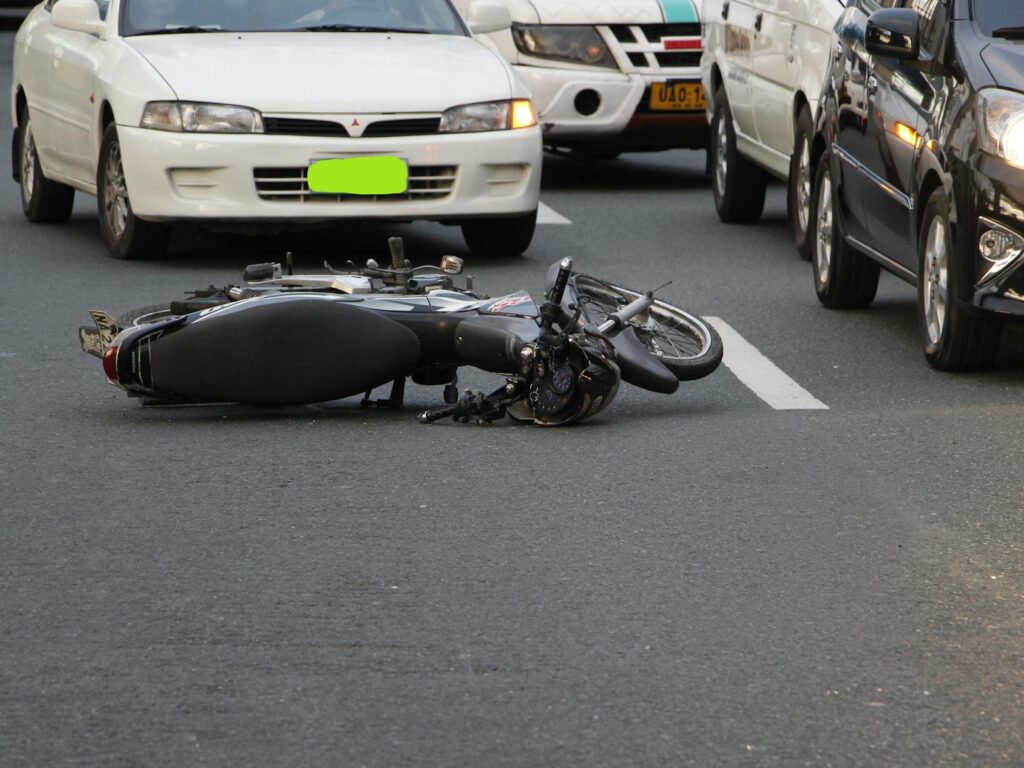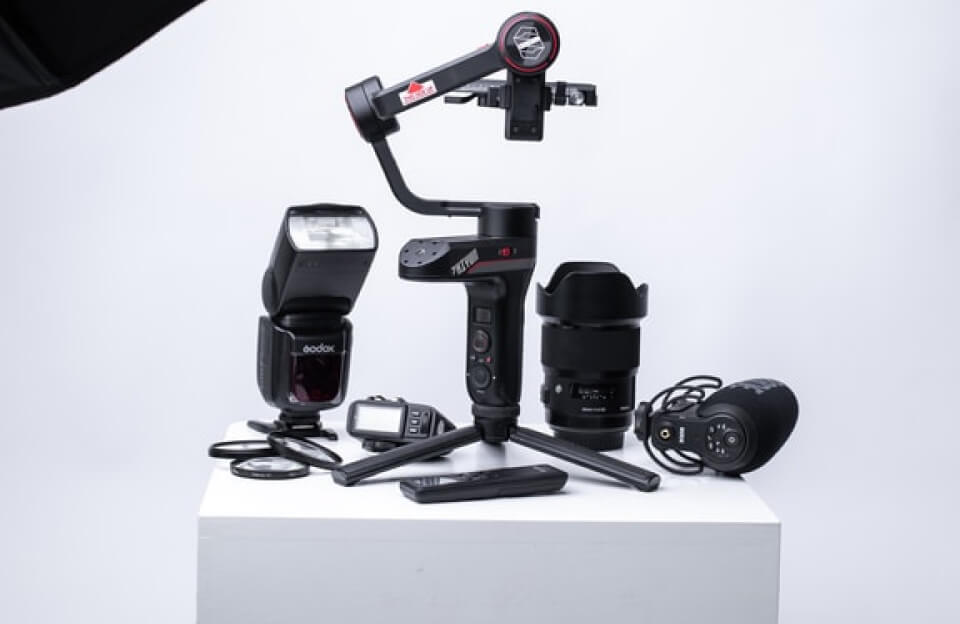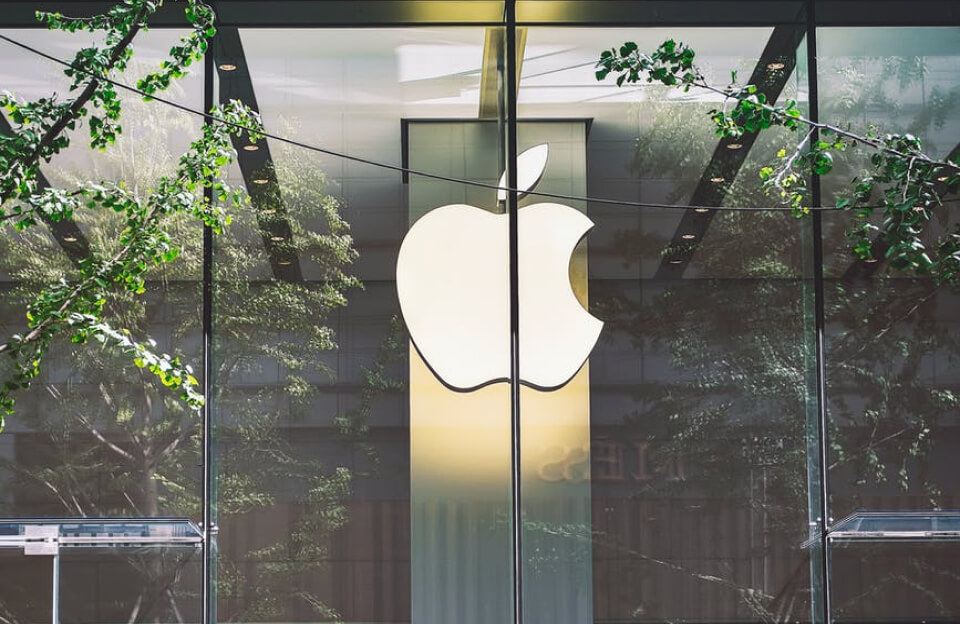Being involved in a car accident is already stressful, but it can become even more complicated when the vehicle that hits you belongs to a business, such as a delivery van, utility truck, or company car. These situations often raise challenging questions: Who is liable? Can you sue the company? Does the driver’s insurance cover the damages, or will you be facing corporate attorneys?
Accidents involving company vehicles in St. Louis add an extra layer of legal complexity. You’ll need to consider factors such as commercial insurance policies, employer liability, and potential third-party claims. It’s essential to have a clear strategy from the beginning. Understanding your rights is crucial, and collaborating with experienced St. Louis car accident lawyers can help you deal with the situation and focus on obtaining the compensation you deserve.
Company Vehicle Accidents Are Treated Differently
When a private individual causes a car accident, their personal insurance policy usually covers the damages. However, if the at-fault vehicle is owned by a business, the company’s commercial insurance policy typically becomes responsible for paying the damages. These commercial policies often have higher coverage limits but are subject to more scrutiny from insurers and legal teams.
Due to the potential for larger payouts, corporate insurers may conduct more thorough investigations and may be less willing to approve claims. As a result, you could experience delays, denials, or pressure to settle quickly. This is why cases involving commercial insurance often require more detailed documentation and a strategic legal approach from the outset.
Employer Liability: When the Company Is Responsible
Missouri law recognizes the concept of “respondeat superior,” which means employers can be held liable for the actions of their employees while those employees are performing work-related duties. So if a delivery driver or service technician hits you while they’re on the clock, the company that employs them may be held financially accountable.
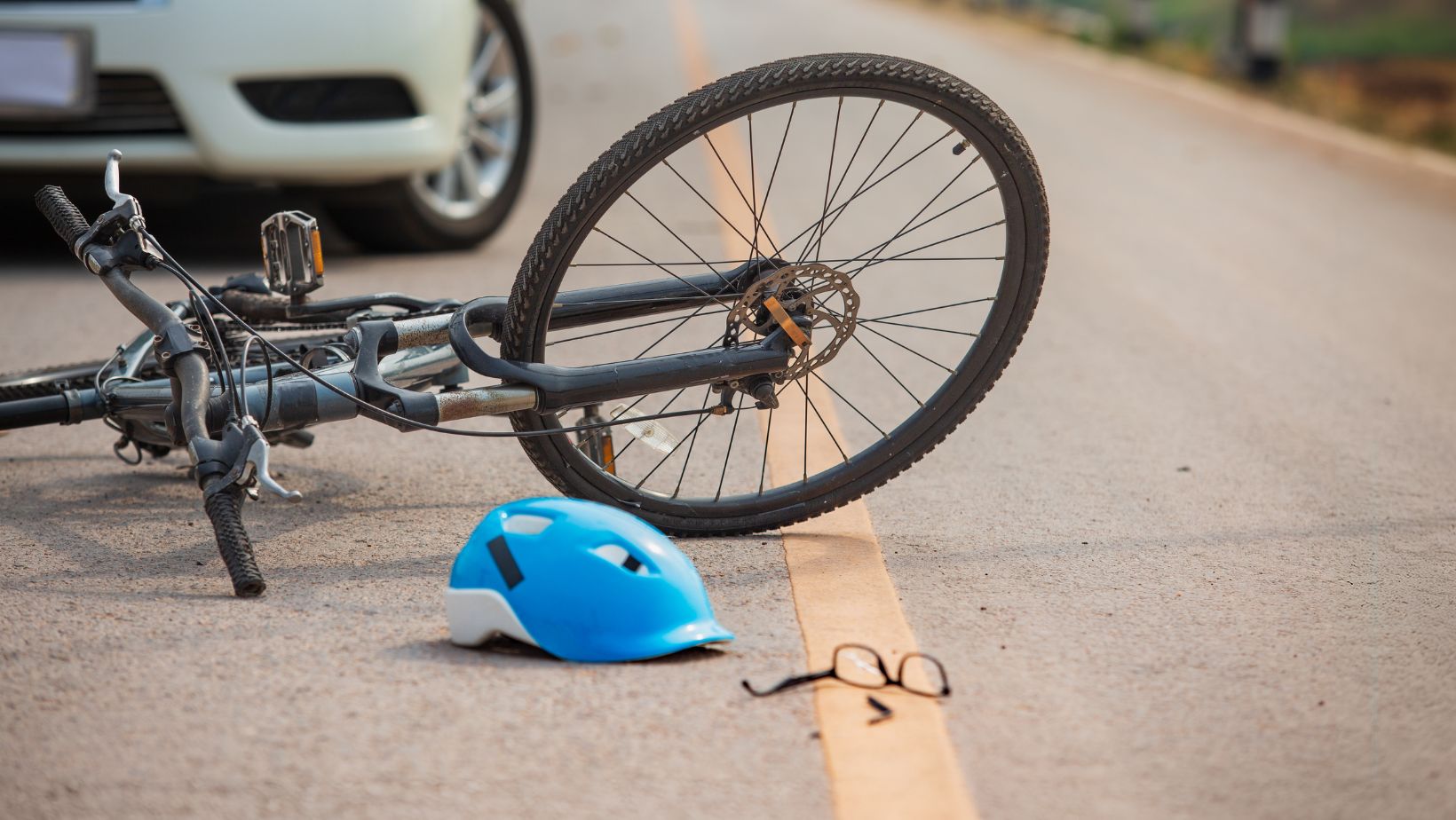 This principle allows you to go beyond the driver’s personal insurance and seek compensation from the employer’s resources, which can significantly increase your chances of a full recovery. However, this only applies if the driver was acting within the scope of their employment at the time of the crash.
This principle allows you to go beyond the driver’s personal insurance and seek compensation from the employer’s resources, which can significantly increase your chances of a full recovery. However, this only applies if the driver was acting within the scope of their employment at the time of the crash.
What If the Driver Was Off Duty or Breaking the Rules?
Not all company vehicle crashes result in company liability. If the employee was using the vehicle for personal errands or acting outside the scope of their duties, the company may deny responsibility. For example, if a delivery driver deviated from their route to run a personal errand and caused a crash, the employer might argue that they’re not liable.
However, this doesn’t always let the business off the hook. A detailed investigation into the circumstances of the crash can reveal whether the company knew or should have known the vehicle was being misused. In some cases, company policies, GPS data, or work logs can help establish responsibility despite initial denials.
Multiple Parties Could Be Liable
Commercial vehicle accidents often involve more than one liable party. In addition to the driver and the employer, liability might extend to third-party vendors, leasing companies, or maintenance providers. For example, if a brake failure contributed to the crash, the service company responsible for vehicle maintenance could be brought into the case.
Identifying all liable parties early on can significantly increase your chances of recovering full compensation. Each party may carry a separate insurance policy, and an experienced legal team can coordinate these claims to ensure no avenue for recovery is overlooked.
Your Compensation Could Be Higher Than Average
Because commercial vehicles typically carry larger insurance policies, injury victims may be eligible for greater compensation than in a standard personal vehicle accident. Damages may include not only medical expenses and lost wages, but also pain and suffering, emotional distress, loss of earning capacity, and future medical needs.
However, the availability of higher compensation also means insurers may fight harder to reduce or deny your claim. They may challenge the extent of your injuries, argue shared fault, or dispute medical necessity. Having a legal advocate who knows how to counter these tactics is crucial to protecting your rights.
Gathering Evidence Is Critical in Company Vehicle Cases
Evidence plays a vital role in any accident claim, but it’s especially important when a company is involved. Commercial vehicles often have GPS tracking, dashcams, maintenance logs, and dispatch records that can provide critical insight into the driver’s behavior and vehicle condition at the time of the crash.
Your attorney can send preservation-of-evidence letters to the company to prevent them from deleting or withholding this data. The sooner you act, the better your chances of securing information that could support your claim. Waiting too long may allow key evidence to disappear.
Expect a Corporate Legal Team on the Other Side
Companies usually have legal departments or retain law firms to handle accident claims, especially if there’s potential for a large settlement. These professionals are well-versed in limiting corporate liability and may use aggressive tactics to minimize your payout or discourage you from pursuing legal action at all.
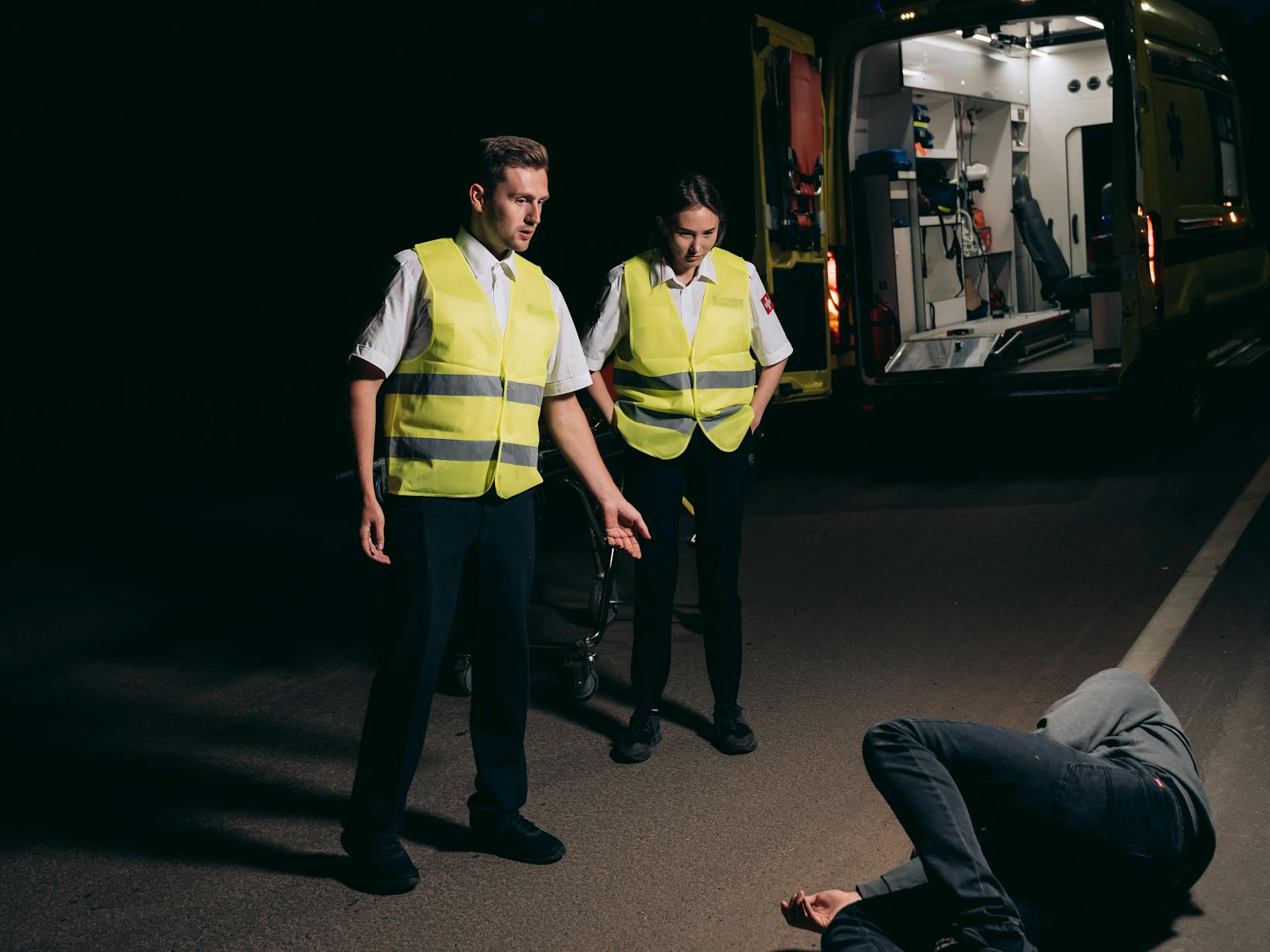 This is where having your own legal representation levels the playing field. St. Louis car accident lawyers familiar with commercial liability cases can handle negotiations, cut through corporate red tape, and protect you from unfair pressure during the claims process.
This is where having your own legal representation levels the playing field. St. Louis car accident lawyers familiar with commercial liability cases can handle negotiations, cut through corporate red tape, and protect you from unfair pressure during the claims process.
Why You Should Act Quickly
Like all personal injury claims in Missouri, there’s a statute of limitations on filing a lawsuit—typically five years from the date of the accident. But when a company vehicle is involved, early action is critical. Corporate insurers move fast, evidence can vanish, and witnesses can be difficult to track down.
Contacting a lawyer immediately gives you the best chance to preserve evidence, identify all liable parties, and begin building a strong case. Waiting too long can compromise your ability to recover full compensation or force you into a rushed, undervalued settlement.

